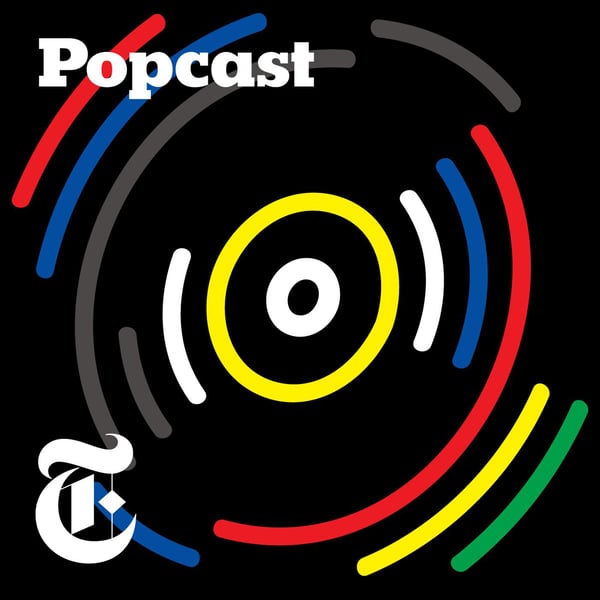The Long, Complicated History of ‘Urban’ Music
Popcast
The New York Times
3.6 • 1.5K Ratings
🗓️ 15 June 2020
⏱️ 58 minutes
🧾️ Download transcript
Summary
Transcript
Click on a timestamp to play from that location
| 0:00.0 | Welcome to the New York Times Popcast, your total experience in podcasting of music news and criticism. |
| 0:19.0 | I am your host, John Caramaka. |
| 0:23.0 | It has been another week of |
| 0:27.0 | it has been another week of ongoing turmoil, turmoil in the world, in the country. |
| 0:38.6 | This is not going to be a surprise to anybody. |
| 0:41.8 | Continued protests. continued facing up to police violence, and the conversations are broadening, |
| 0:49.7 | they're spreading out. There have been these kind of convulsions in the journalism field, |
| 0:55.6 | and there also been these convulsions in the music business. And been keeping an eye on what |
| 1:02.0 | record labels and entities in the music industry have been talking about and doing and trying to figure out if it's more than just lip service. |
| 1:12.0 | You know, we've had a whole range of institutional and individual responses. |
| 1:17.2 | You've had the blackout Instagram post and kind of how that ended up missing the mark in some ways, especially with what it did to the Black Lives Matter |
| 1:27.8 | hashtag. You've had individual record labels, announcing initiatives and donations and promising to do better in terms of how they treat their |
| 1:38.0 | black employees and presumably to look deep within and figure out what kind of inequities exist between how they market black music, how they market white music, and so on. |
| 1:51.0 | You know, it's tough to say right now how these things are going to play out long term. |
| 1:58.0 | Giving money up front is a worthwhile step. That's a good first step step looking in the mirror and saying are |
| 2:04.4 | we treating our black executives our other non-white executives the same way that |
| 2:09.2 | we treat our white executives and employees across the board. Those are worthy questions and I'm hoping to see more and |
| 2:19.2 | louder response from record labels especially in the coming weeks. |
| 2:25.0 | But there is one thing that has been happening. |
| 2:28.0 | It's been happening quickly. |
| 2:30.0 | It's been unfolding fast, and that is the conversation around the word urban and you've |
| 2:37.0 | had record labels, Republic publicly, I believe Warner also not publicly and I'm not sure but someone had reported that they were |
... |
Please login to see the full transcript.
Disclaimer: The podcast and artwork embedded on this page are from The New York Times, and are the property of its owner and not affiliated with or endorsed by Tapesearch.
Generated transcripts are the property of The New York Times and are distributed freely under the Fair Use doctrine. Transcripts generated by Tapesearch are not guaranteed to be accurate.
Copyright © Tapesearch 2025.

